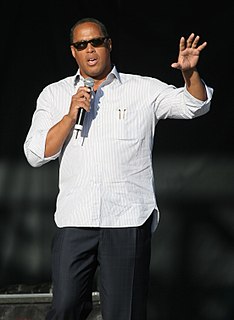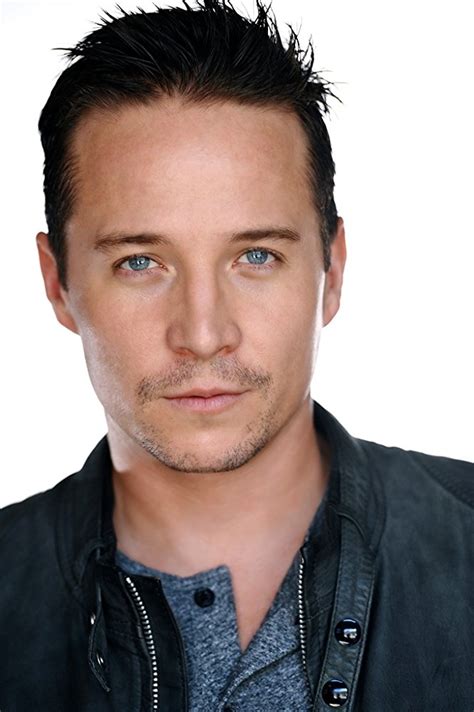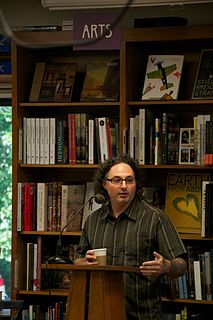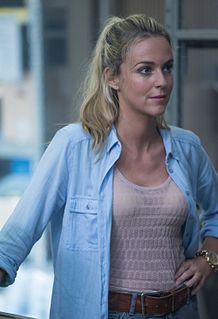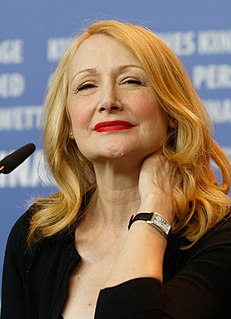Top 193 Empathetic Quotes & Sayings - Page 4
Explore popular Empathetic quotes.
Last updated on April 16, 2025.
... the socialization of boys regarding masculinity is often at the expense of women. I came to realize that we don't raise boys to be men, we raise them not be women (or gay men). We teach boys that girls and women are "less than" and that leads to violence by some and silence by many. It's important for men to stand up to not only stop men's violence against women but, to teach young men a broader definition of masculinity that includes being empathetic, loving and non-violent.
The idea of self-effacement, the idea that you feel so powerless that the only tiny morsel of power you have is over your own ability to deny yourself food - that to me is a very profound and sad methodology and indicator of how powerless a lot of people feel in this world. That they will turn that onto themselves until they are physically smaller. I think it's affected my worldview a lot - just being sensitive and empathetic towards the ways people want to be small. I don't wish smallness for anyone.
Gratitude is a mindful awareness of the benefits of life. It's the greatest of virtues. Studies have linked the emotion with a variety of positive effects. Grateful people tend to be more empathetic and forgiving of others. People who keep a gratitude journal are more likely to have a positive outlook on life. Grateful individuals demonstrate less envy, materialism, and self-centeredness. Gratitude improves self-esteem and enhances relationships, quality of sleep, and longevity.
The most influential person in the room isn't the one who is being a bully, talking loudly, and imposing him- or herself on others. Surrendered people understand that true power comes from being respectful and listening. Surrendered people know themselves and are empathetic toward others. They don't measure themselves by how much they are liked, nor do they compete for attention. When they sit quietly in a room, others always seem to come to them.
Anytime I get an acting role, I find a way to learn about something new, or heal a part of my life that I didn't know was hurting. I think anybody could benefit from taking acting classes. You don't necessarily have to want to be an actor or pursue the acting business. But just taking an acting class, you're going to learn so much about life and what it's like to walk in somebody else's shoes. It helps you stop judging people. It does something to you where you become empathetic to people's plights and journeys, and it makes you a little more understanding and caring.
'Hoop Dreams' brought us back to our roots in veríté filmmaking. What we saw in the powerful emotional scenes within it - at nearly three hours long and with no star power - was an outreach to a different and more important audiences. There were the similarly involved folks who saw it that were part of the struggle, but there was also a new audience that weren't empathetic or sympathetic to the people we were portraying. They would never watch a film about inner city families, but they watched 'Hoop Dreams.'
What I am most proud of with the book On to the Next Dream is how I turned an intensely emotional experience into art. Anyone can run up to a rooftop, tear off their clothes, and scream about how screwed up the world is. But for the people down below, all they see is a person losing their mind. I wanted to make something that channeled that emotion in a way that elicited an empathetic response from the reader. So that after you read this book, you would want to run up to the rooftop and scream about how screwed up the world is.
Working with different people anyway is like life and meeting different people... as long as you can be empathetic, you can take a bit of them on and see what you can do to help their process. That said, my relationship with Woody Allen was trying to hang on his every word so that I could tell everybody what he said afterwards. But certainly, he was a very good example of somebody who you didn't hear talk above a very low volume for the entire time he was on-set.
Reading fiction is important. It is a vital means of imagining a life other than our own, which in turn makes us more empathetic beings. Following complex story lines stretches our brains beyond the 140 characters of sound-bite thinking, and staying within the world of a novel gives us the ability to be quiet and alone, two skills that are disappearing faster than the polar icecaps.
That's really the essence of what any fiction writer does. Some of it is research-based, but most of it is a really long-term, imaginative, empathetic effort to see the world the way someone whose experiences remote from yours might see it. Not every writer works that way; some writers make a wonderful career out of writing books that adhere very closely to how they view the world. The further I go with this, the more interested I get in trying to imagine my way into other perspectives that at first seem foreign to me.
At the core, I am an actress. And I think, in a way, that's a good thing in that I am, I think, empathetic and sympathetic to the film. I would never pretend to have the discerning and acute critical eye that a lot of the great critics in our business do have. I don't look at it as being a critic or placing a judgment on a film, and I do think, how do you decide which film is best anyway? It's always a little bit of a mixed bag. But, I think it is just a collective group of people coming together to honor the work of an artist - that's how I think of it.
There's more empathetic representations than we're used to seeing. I honestly feel like in the early days of Hollywood, women did have those. Women had very traditional roles in society of wife and mother, but when they went to the movies, they got to see women be, like, really cool, amazing characters and femme fatales and all of this. And then there was just this systemic reaction where it was all about, "How do we make money?" And everybody wants to sell things to boys. And then women's entertainment became devalued in a way that I think is disrespectful and hurtful.
